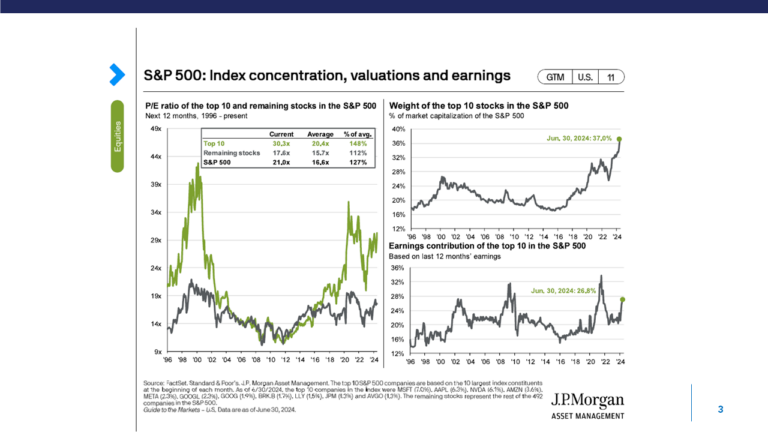You’ve heard this statement many times before: the stock market’s returns beat that of low-risk investments many times over.
Well, it’s true: since 1926, when comprehensive stock market statistics began to be gathered in the United States, the stock market’s annualized return has run a little over 10% a year, three times greater than the returns on one-month U.S. Treasury Bills.
But individual stocks often don’t do as well as the stock market, says a new research paper by Hendrik Bessembinder, a finance professor at Arizona State. He found that returns on most individual stocks have not surpassed T-Bill returns. In fact, most of the stock market’s outperformance is due to just 4% of listed stocks; “The other 96% collectively matched one-month Treasury bills,” he wrote.
More than half of U.S. stocks over the period were beaten by T-Bills, he found. Even worse, the most common net total return for a single stock over the period was an almost total loss, because many companies go out of business and their stocks end up being worthless, he wrote.
Bessembinder’s research was another blow to advocates for buying individual stocks. In many cases the results will be pretty similar to buying a single lottery ticket – a total loss, according to his findings.
Meanwhile, large diversified stock portfolios have a much better chance of doing well. All they need to do is own one or two of the small minority of big winners, and the returns of those few stocks will drag up the portfolio’s total return.
How big should the portfolio be? Ideally it should include the entire market, so that there is no chance of excluding the 4% of stocks that account for all of the market’s returns. In other words, the best investments are indexed and asset-class mutual funds that match the returns of the markets in which they are invested.
Richard Schroeder, CFP®
Chief Investment Officer


